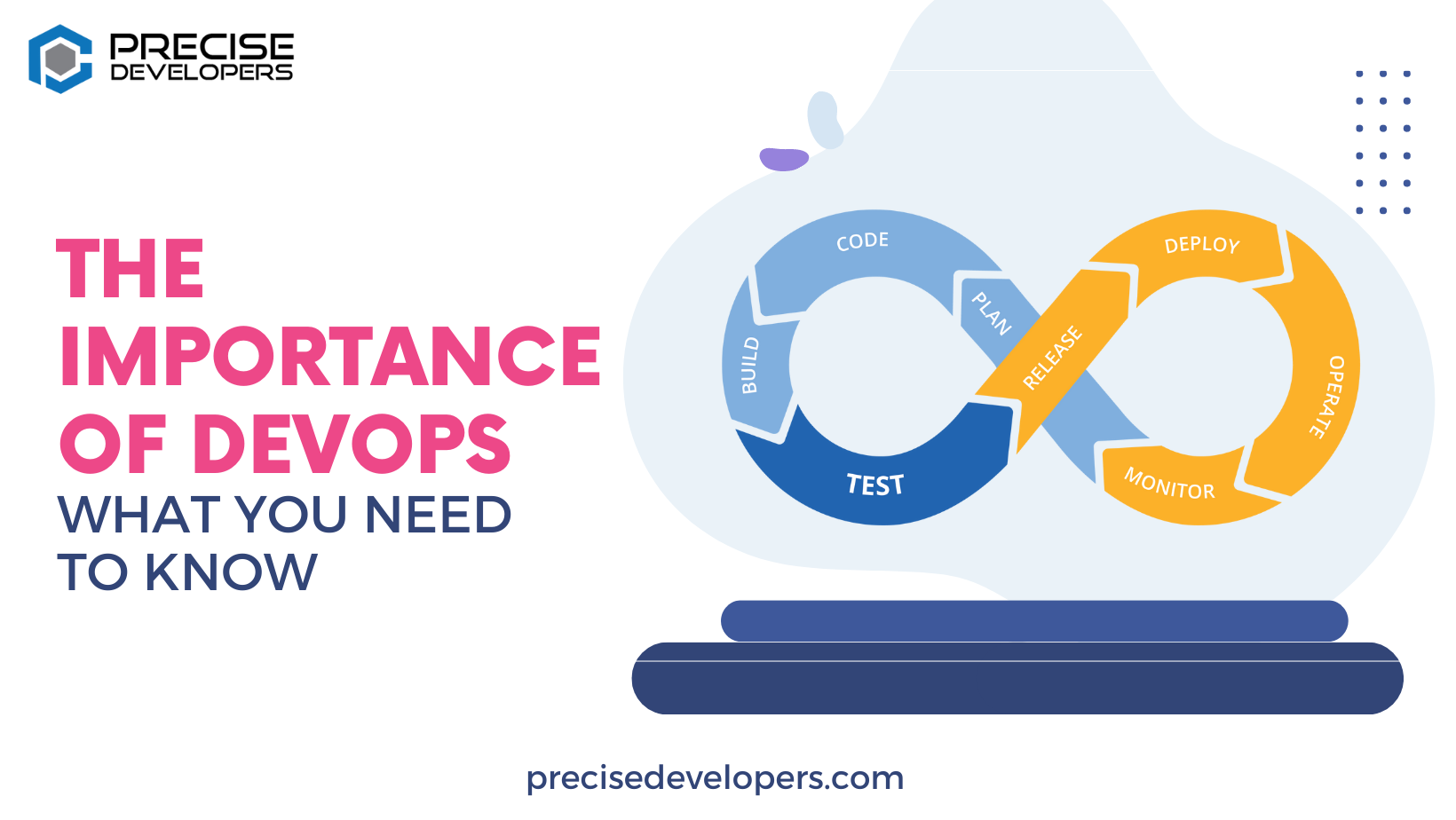The Importance of DevOps: What You Need to Know
In today’s fast-paced technological landscape, organizations need to be agile and efficient to stay competitive. This is where DevOps comes in, a practice that has gained popularity in recent years due to its ability to deliver high-quality software faster and more reliably. In this blog, we will explore the importance of DevOps and what you need to know to implement it successfully.
What is DevOps?
DevOps is a software development methodology that aims to break down the traditional silos between development and operations teams. It is a collaborative approach that focuses on automating and streamlining the software development and deployment processes. The goal of DevOps is to increase the speed of software delivery while maintaining the quality and stability of the software.
What are the three pillars of DevOps?
The three pillars of DevOps are culture, automation, and measurement. Culture refers to the mindset and behavior changes necessary to create a collaborative and efficient work environment. Automation involves the use of tools and technologies to automate software development and deployment processes. Measurement focuses on using data and metrics to continuously improve software development and delivery processes.
What do you need to know for DevOps?
To implement DevOps successfully, you need to have a good understanding of the software development and deployment processes. You also need to have a clear understanding of the business goals and objectives. You need to have a culture that encourages collaboration, transparency, and continuous improvement. Finally, you need to have the right tools and technologies to automate the software development and deployment processes.
What is most important in DevOps?
The most important aspect of DevOps is the culture. DevOps is not just about using tools and technologies to automate processes. It is about creating a culture of collaboration, communication, and continuous improvement. Without a strong culture, the adoption of DevOps will not be successful.
What are the 3 benefits of DevOps?
- Faster time to market: DevOps allows organizations to deliver software faster and more reliably. By automating and streamlining the software development and deployment processes, organizations can reduce the time it takes to deliver software to the market.
- Improved collaboration: DevOps encourages collaboration between development and operations teams. By breaking down the traditional silos, teams can work together more efficiently and effectively, resulting in better software quality and faster delivery.
- Increased efficiency: DevOps enables organizations to automate repetitive and manual tasks, freeing up time for developers and operations teams to focus on more strategic tasks. This results in increased efficiency and productivity, ultimately leading to cost savings and improved business outcomes.
In conclusion, DevOps is a critical practice for organizations that want to stay competitive in today’s fast-paced technological landscape. By focusing on the three pillars of DevOps and creating a culture of collaboration, organizations can deliver software faster, more reliably, and with higher quality. The benefits of DevOps are numerous and can lead to improved business outcomes and increased customer satisfaction.
You may also like:
- Agile Development: The Secret to Thriving in Today’s Competitive Business Landscape
- Design Matters: Why Good Design is Critical to Successful Marketing
- How Custom Software Can Boost Your Business Growth
- Stay Safe in the Digital World: How DevOps Can Help
- AI’s Promising Future in Healthcare
If you found this post informative, we encourage you to share it with your colleagues. We value your feedback and would love to hear your thoughts on our blog and social media posts across platforms such as Instagram, Facebook, LinkedIn, and Twitter.

